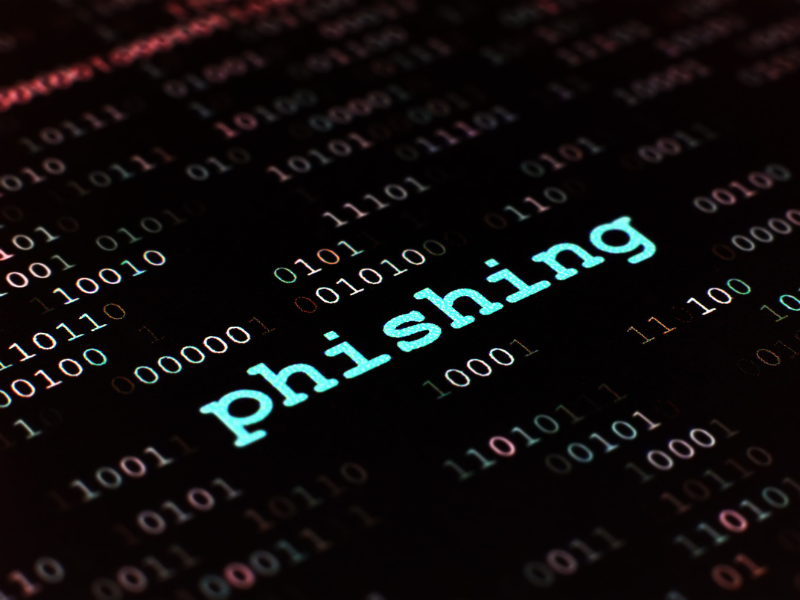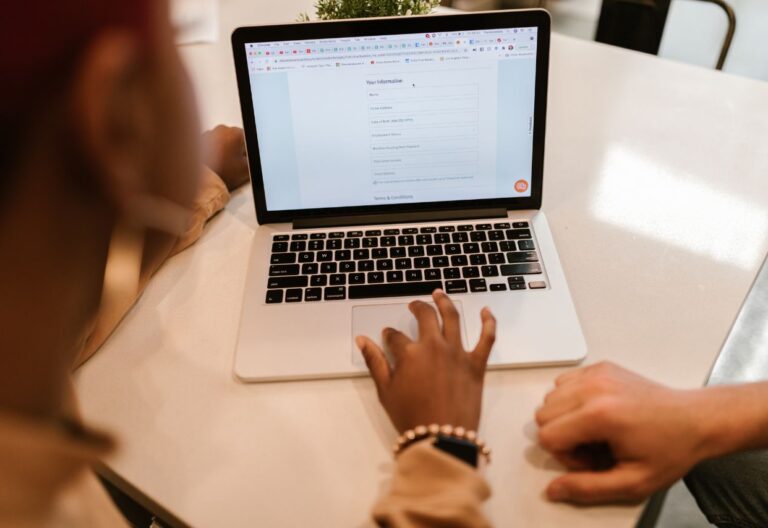Voice over Internet Protocol (VoIP) can help boost healthcare communications better than conventional phone networks. Not only do VoIP platforms allow advanced call routing, but you can also customize call greetings and redirect voicemail messages to emails.
Regardless of how beneficial VoIP is in enhancing communication efficiency, healthcare organizations must always ensure compliance with HIPAA rules.
Table of Contents

Is VoIP HIPAA Compliant?
Yes. VoIP can be HIPAA compliant if it follows HIPAA security requirements and privacy guidelines. Calls and messages may contain confidential patient information or ePHI, which cybercriminals can use for phishing and scamming.
Nowadays, many VoIP systems abide by HIPAA through:
- Business Associate Agreement (BAA): This document attests to the legality of the agreement between the covered entity and the VoIP solutions provider.
- Access controls and authentication: Every HIPAA-compliant VoIP provider has unique user IDs and passcodes to ensure that only authorized individuals can access shared patient information in calls and messages.
- Encryption: Per HIPAA regulations for VoIP, providers must use Transport Layer Security (TLS), 256-bit encryption, and virtual private networks (VPN) to safeguard data.
Key Considerations for HIPAA-Compliant VoIP Solutions
Many businesses use VoIP because of its advanced communication features and cost efficiency. Most phone systems now use AI-powered customer contact centers over the Internet to ensure seamless communication between patients and medical providers.
A HIPAA-compliant VoIP phone service must prioritize providing features that safeguard sensitive health data.
- Caller ID information: A call log redirects patients to the respective medical practice and the types of services available.
- Encrypted call recordings: VoIP providers must be able to mask call recordings with proper encryption and access controls.
- Secure voicemails: Providing voicemail transcriptions instead of audio formats can prevent accidental PHI breaches.
- Failovers and backups: HIPAA-compliant VoIPs offer data backups in case of system failures.
- Audit logs: To prevent unauthorized access to recordings and voicemails, VoIPs should have a comprehensive monitoring feature to track call logs.
- Retention policies: Having a data retention policy in place can help your organization comply with HIPAA regulations, as it outlines how long stored data must be kept.

Challenges and Risks in Achieving VoIP HIPAA Compliance
While VoIPs can improve healthcare communications, these can create cybersecurity risks and threats to your data privacy and security.
Here are some of the risks and challenges you might encounter when switching your telephone network to VoIP:
- VoIP phishing or Vishing: This type of cybersecurity attack can target phone users and make them believe that calls come from a trusted source through Caller ID. As a result, users may put their valuable personal and company information in the wrong hands.
- Denial of Service (DoS): Cyberattacks on VoIPs such as DoS can disrupt phone service. Without robust security measures, VoIPs are susceptible to system breaches just like other IP networks, which can be used to lurk on unencrypted IP phone calls.
- Malware: This attack can compromise and expose confidential patient data by exploiting healthcare system vulnerabilities.
- Eavesdropping: An unencrypted WiFi network can lead to a possible security breach, causing private calls and conversations to leak.

Best Practices for Ensuring VoIP HIPAA Compliance
Below are some ways to ensure HIPAA compliance with your VoIP system:
Configure the VoIP platform to meet HIPAA requirements
Choose a HIPAA-compliant VoIP provider with unique user IDs and access controls. Some VoIPs only support standard SMS messaging, so make sure your chosen provider can set up automatic call recording and secure storage and backups.
Sign a BAA with your VoIP provider
A phone service provider must be willing to sign a BAA as per HIPAA guidelines for VoIP. This can provide you with assurance and protection that whatever happens, the vendor will take responsibility for non-compliance.
Train your employees
Above all else, you must familiarize your staff with the HIPAA regulations and cybersecurity standards. Make sure your employees know how to handle and safeguard PHI properly. They should also be aware of the different tiers of HIPAA violations and their corresponding fines.
Implement annual self-audits
By conducting regular self-audits, you can identify potential privacy and security problems before they arise. Doing so can help you create a comprehensive plan to respond to data breaches and manage disaster recovery and backups.
Avoid breach reporting delays
In case of data breaches or unauthorized PHI disclosure, ensure your VoIP follows the HIPAA Breach Notification guidelines when notifying affected individuals. The same applies when reporting to the HHS Office for Civil Rights.
Choose a Secure and Reliable VoIP Platform
VoIP itself is a technology that increases efficiency in phone or voice communications. Therefore, ensuring compliance ultimately depends on your choice of VoIP service provider.
If you want a platform that can provide a comprehensive communication suite, including a HIPAA-compliant VoIP or IP telephony system, consider iFax.
iFax provides a secure and convenient way to communicate with patients, minus the annoying cables and busy telephone lines. Our intuitive platform also works on any device with internet access, ensuring 24/7 connectivity and HD call quality.
Get a demo now or select a plan.







